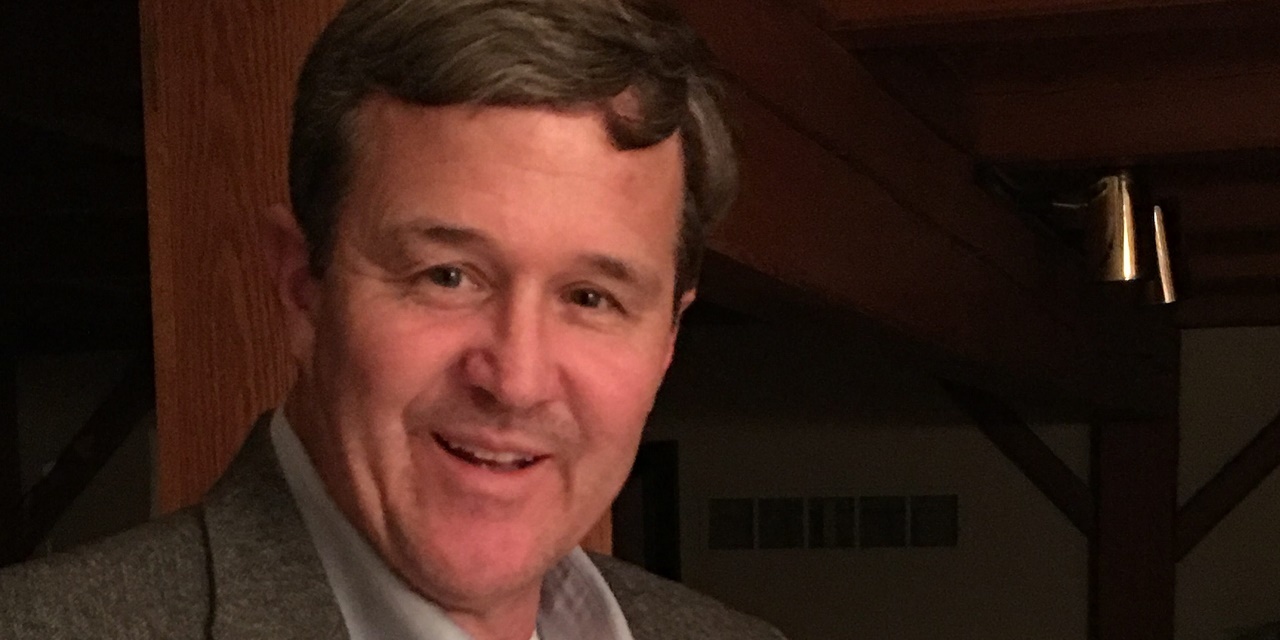CHARLESTON – It is often said, “every vote counts.” In West Virginia, every voter counts, too.
For too long, segments of voters have been disenfranchised from our democratic process through no fault of their own. Deployed armed services members often lack access to mail, printers, and scanners – components needed for casting paper ballots from remote locations. Similarly, voters with living with a physical disability are often prevented from marking and casting a ballot secretly when they cannot make it to the polls in person.
Technological advancements have torn down barriers to convenient interaction with government and private entities, and have increased accessibility without sacrificing a person’s privacy. It is common for people to bank, transfer money, sign documents, shop, and receive sensitive medical information via mobile devices regardless their location around the world. Not only is technology available to help people vote, West Virginia law now requires it.

Underhill
On February 3, 2020, West Virginia took a huge step forward to expand the voting franchise by signing into law SB 94. This law requires election officials to make absentee voting fully accessible to voters with physical disabilities who are prevented from voting in-person at the polls and from marking ballots without assistance. These absentee voters with physical disabilities now have an option to mail or electronically submit their ballot back to their county clerk using approved technology.
This law complements the Help America Vote Act (HAVA) of 2002 that mandated accessible voting machines in every polling place for federal elections. The new West Virginia law blends the intent of HAVA with today’s technology to continue making voting accessible to all.
A key element to offering a new accessible absentee voting technology is maintaining the public’s confidence in the integrity of the system. Since 2008, West Virginia law has required counties to provide certain military and overseas voters absentee ballots via fax or electronically. The new law requires counties to extend an electronic method of ballot marking and transmission to absentee voters who cannot make it to the polls or mark a ballot secretly due to a physical disability. This requirement gives rise to security questions, an area West Virginia is already leading in, and we are well-positioned to ensure the proper balance between accessibility and security.
In 2018, West Virginia offered the first-in-the-nation pilot allowing uniformed and overseas voters the right to receive, vote, and return absentee ballots using state-of-the-art, secure mobile technology. The pilot was very measured, balancing reward versus risk. The reward was huge: people serving overseas were able to participate in the democracy they are fighting to defend. The risk of a nefarious actor with ample resources to target one secured mobile device (e.g., iPhone 10), a proprietary-secured device application, and highly protected vendor servers and network, on the other hand, was minimal.
The 2018 West Virginia General Election pilot went off with great success and allowed 144 voters from 31 countries to cast ballots via a mobile device. The Department of Homeland Security and other US government agencies found that not one voter’s information or ballot was compromised in 2018. Proudly, West Virginia is now taking the lead in expanding ballot access to voters with disabilities.
To meet the requirements of the law, we have partnered with Democracy Live, a national firm with extensive election experience, the National Cybersecurity Center from Denver, CO., and Tusk Montgomery Philanthropies. The Democracy Live platform is hosted on Amazon’s secure AWS cloud, which is FedRamp certified and used by numerous federal agencies including the CIA, DOD, and the FBI for the storage of highly sensitive information and secure transactions. Importantly, every vote is recorded, counted, and tabulated on a paper ballot, allowing for voter verifiability and post-election audits. The Democracy Live system has been used in nearly 1,000 elections across the United States and 96 countries around the world. Being in use since 2010, the system is the most deployed balloting portal in the United States.
Not only is the system secure, but it also has strong support from the disability community as a completely accessible system. The platform has technology that allows blind and visually-impaired voters to receive, mark, and return their ballot without needing assistance. Think about this: the electronic delivery of the ballot eliminates the hurdle of precinct/poll accessibility, and the electronic marking device eliminates the need for voting assistance. For the first time ever, certain citizens in West Virginia will be able to vote with ease and vote a secret ballot. They will enjoy the full democratic franchise many of us take for granted.
Our strong partnership with the disability community and disability rights organizations enables us to begin educating citizens with disabilities on this new system now. I applaud the West Virginia Legislature’s bipartisan and unanimous vote for extending the right and ability to vote to people who have been previously disenfranchised. This is a great example of our government keeping laws current with the times and using technology to enhance the lives of West Virginians.
Together we stand shoulder to shoulder and exclaim, “Here in West Virginia, every voter counts!"
Warner, a Republican, is West Virginia's Secretary of State. Underhill is the legal director for Disability Rights of West Virginia.
